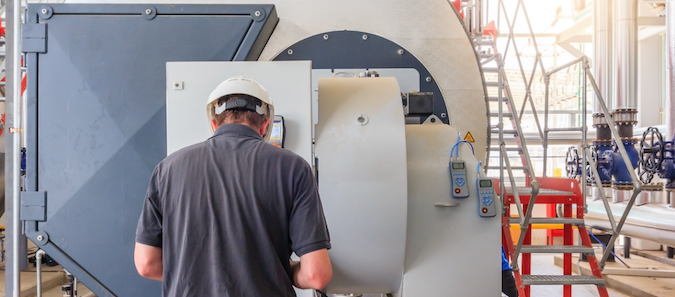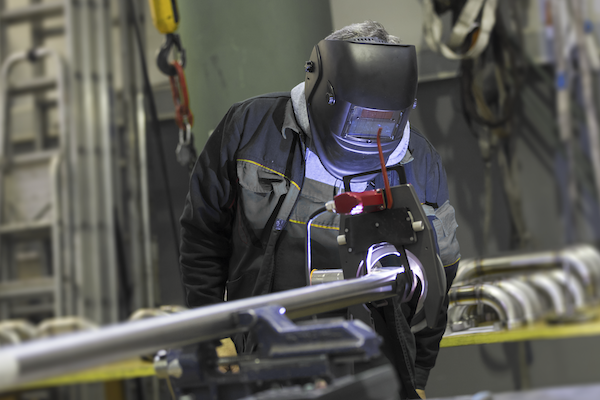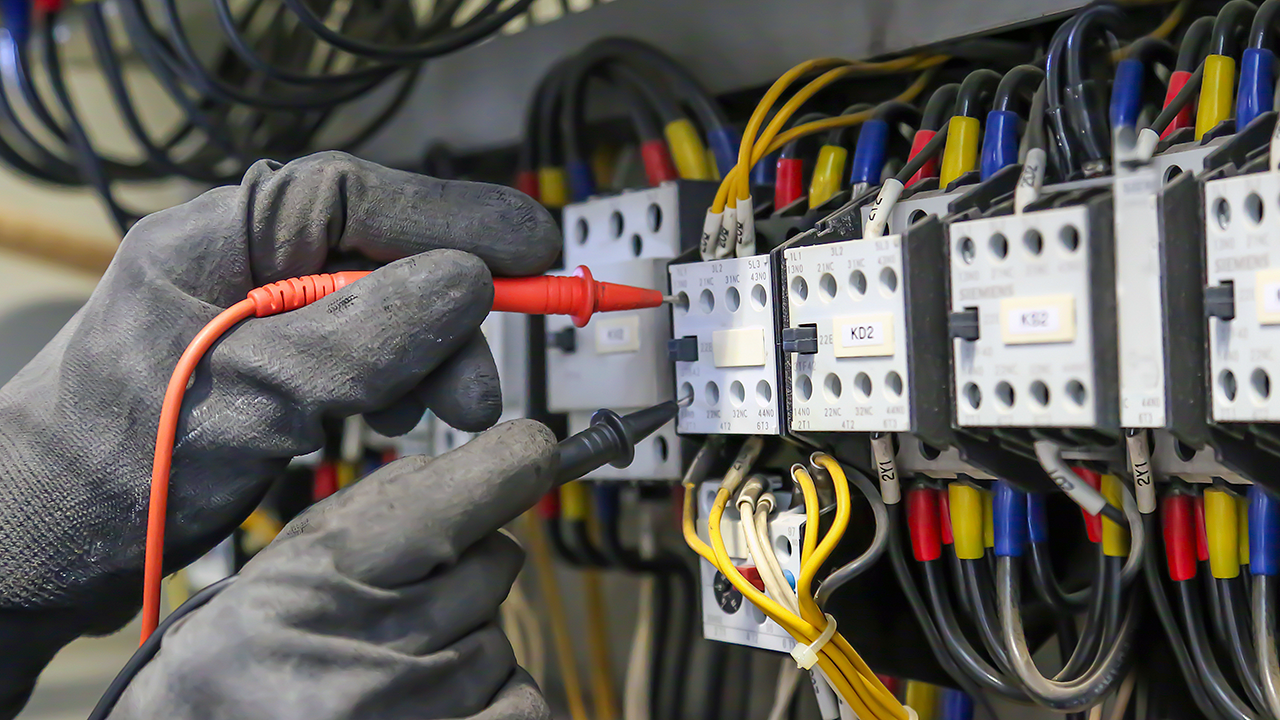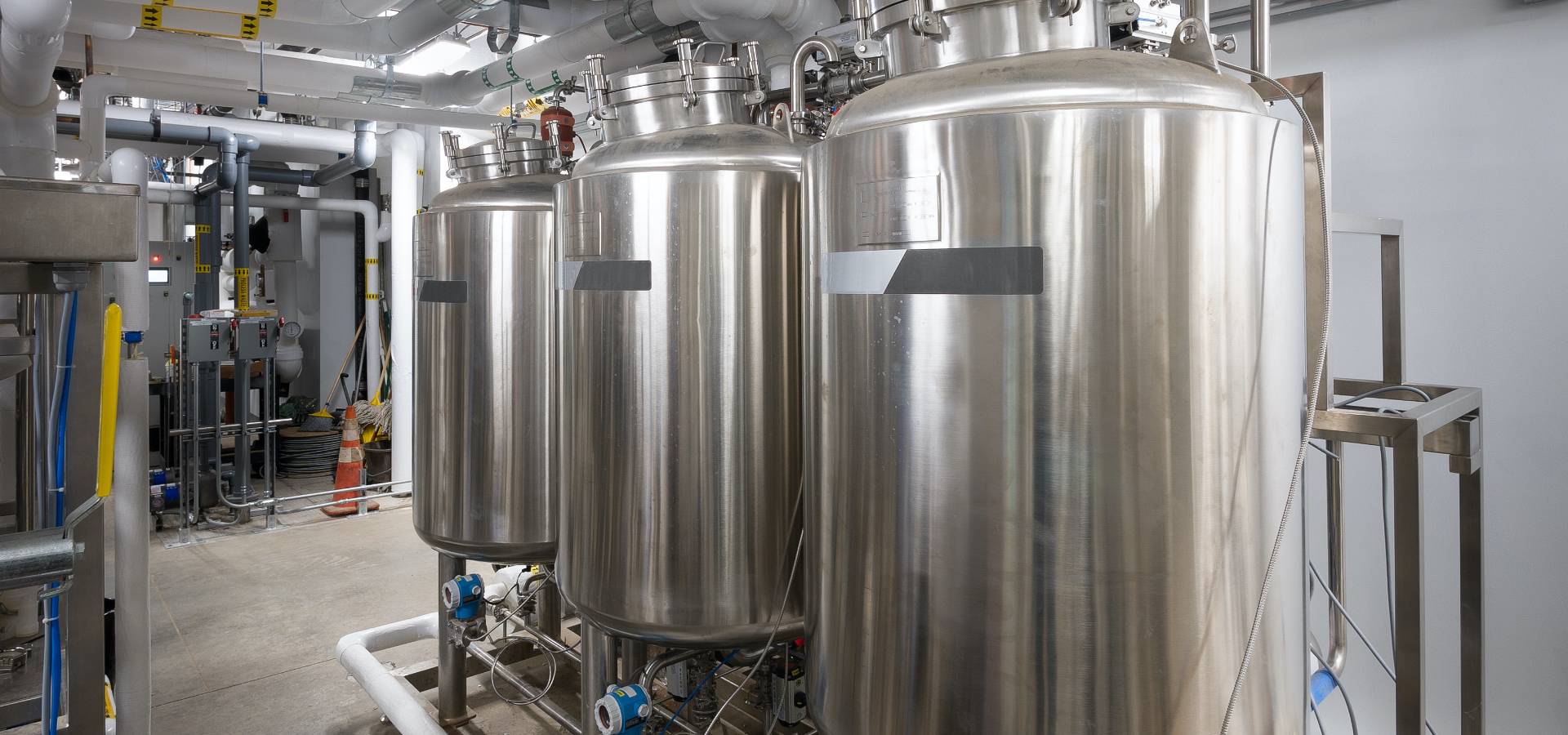Month: July 2021

Furthermore, without a trusted expert to help guide you through preventative maintenance and parts and equipment evaluation, it’s easy to enter a confusing grey area filled with too many options and not enough direction. For example, commercial boilers of the steam and hot water variety can last 30 years or more with proper water treatment, operation, and maintenance.
Why replace it when it can be repaired? Why repair it if it’s just going to need to be replaced next time?
A preventative maintenance partner like Binsky can help commercial owners answer these questions through assessment of their facilities’ complex building systems, like boilers. Through aspects like preventative maintenance history and tasks, lifetime parts replacement history, water treatment reports, metallurgy reports, and regulatory agency reports, an expert can analyze cost versus benefit and determine the best solution.
A commercial facility’s heating system works hard—and sometimes year-round if the building is located in a colder climate zone. Typically, that means all parts are subject to repair or replacement in due time.
Depending on the age of your facilities and building systems, wear, tear, and eventual failure is inevitable, but lack of proper water treatment, deferred maintenance or repair, and lack of professional operation can speed up that process.
In a commercial setting, you simply can’t afford for critical systems like HVAC and plumbing to break down. The idea of boiler replacement may sound expensive to some, but the effects of downtime and potential facility damage far exceed any parts or equipment costs.
Prioritizing your building’s maintenance is essential for your safety, security, and bottom line. But, even a well-maintained boiler system may encounter problems based on the very nature of its operation. When comparing the system’s lifetime data collection costs related to operation and maintenance against the commercial industry’s average costs, a property manager may opt to proactively replace a boiler due to energy savings considerations.
Although a commercial boiler system has a projected lifespan of a few decades, it’s safe to assume most will start experiencing service issues around the ten-year mark. The occasional repair is to be expected and is relatively cost-efficient, but what happens when the need for repairs starts to accelerate? The question is a complicated one, but the following three factors can help you determine when the time is right to replace versus repair:
- Age of the boiler system: If the boiler is approaching the end of its useful life, it may be time to replace it to ensure you don’t wind up with unexpected interruptions to your facility’s operations.
- Time intervals between repairs: Analyzing how often repairs are occurring can help you assess their efficacy. If you experience a steady uptick in the frequency of repairs needed, it may be time to replace the unit altogether.
- Facilities energy costs: Have the energy costs of your commercial facilities increased over time? Is your bill starting to look unreasonable? If your expenditures related to natural gas, oil or electric seem off, there’s a good chance it’s time to replace your commercial boiler.
While boiler system repairs often average a few hundred dollars, the cost of replacement can add up to several thousand. It’s easy to see why some owners are hesitant to replace the entire system, preferring a string of frequent repairs instead. But what happens if the telltale signs to install a new commercial boiler at the appropriate time are ignored?
Whether your building houses businesses and industries or functions as a large-scale apartment complex, a boiler failure means no heat and unhappy tenants. In colder climates, boiler downtime can even cause damage to pipes and other building infrastructure—especially if the components of the boiler room were installed a long time ago under requirements of decades past. Anything from lack of clearance around the actual unit to load changes to insulation alterations since it was designed many decades ago, can result in a dangerous, if not faulty, boiler operation. Given the nature of a commercial boiler, a worst-case scenario may involve extreme damage to the property from the heat and pressure utilized by the boiler.
Knowing when to call in an expert will not only spare you such headaches but will ultimately help protect your budget and building, too. If your facilities begin to experience loss in efficiency, frequent repairs, or loud and unexpected noises from the system, your commercial boiler has likely reached the limits of its useful age. It may be time to consider replacement rather than additional repairs. Plus, replacement also serves as a prime opportunity to make sure any pipes, ductwork, or additional infrastructure is in proper working order.
Partnering with a preventative maintenance contractor like Binsky can help you prevent downtime and disasters caused by boiler deterioration from ever occurring. Having seamlessly provided boiler repair and replacement services to New Jersey and Eastern Pennsylvania for more than 25 years, we specialize in commercial settings and have a team of field engineers ready to help choose the solution that’s best for you.
Repair or replace? Only a trusted professional can determine that for sure. For the reliable expertise of the trusted partner you deserve, contact us today.
Subscribe to stay updated
Get the latest updates in the world of mechanical contracting and construction. Subscribe today!
Ready to Start Your Project?
Turn to a trusted leader in mechanical construction. Get in touch to discuss your project or request a quote today.




